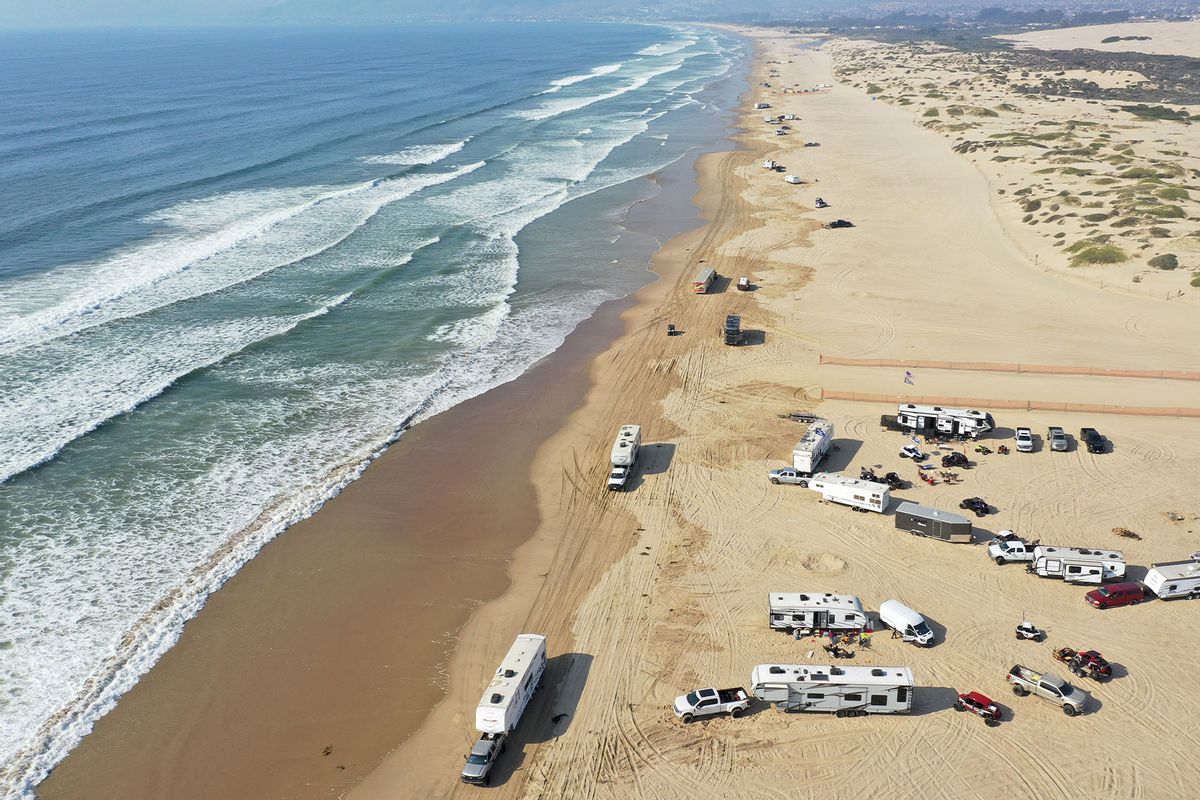President Biden's administration announced on Friday that it has selected more than 100 miles of boundaries to encompass a new protected marine sanctuary along the California coast. The so-called Chumash Heritage National Marine Sanctuary will be the first national marine sanctuary ever proposed by an Indigenous tribe.
“This is a huge moment for the Chumash People and all who have tirelessly supported our campaign over the years,” Violet Sage Walker, chairwoman of the tribal council, told Mercury News on Friday. It will be California’s first new national marine sanctuary in 32 years and will also ban offshore oil drilling in the area.
As decided by the National Oceanic and Atmospheric Administration (NOAA), the proposed Chumash Heritage National Marine Sanctuary will cover 116 miles of coastline from just south of Diablo Canyon Power Plant in San Luis Obispo County to the Gaviota Coast in Santa Barbara County. The proposed sanctuary will protect over 200 shipwrecks, along with a diverse ecosystem featuring wildlife such as sea otters, humpback whales, leatherback sea turtles and lush kelp forests. While on many previous occasions decisions about natural preservation were made by disconnected bureaucracies, the NOAA worked closely with Native American communities in designating these new boundaries.
"NOAA staff have held meetings with cooperating agencies for this action and considered their input on the draft [environmental impact statement]," the NOAA explained in Volume I of its impact statement. "NOAA has also held formal government-to-government consultation meetings with the Santa Ynez Band of the Chumash Indians and has held informational and coordination meetings with other interested non-federally recognized Chumash and Salinan Indigenous groups."



Shares